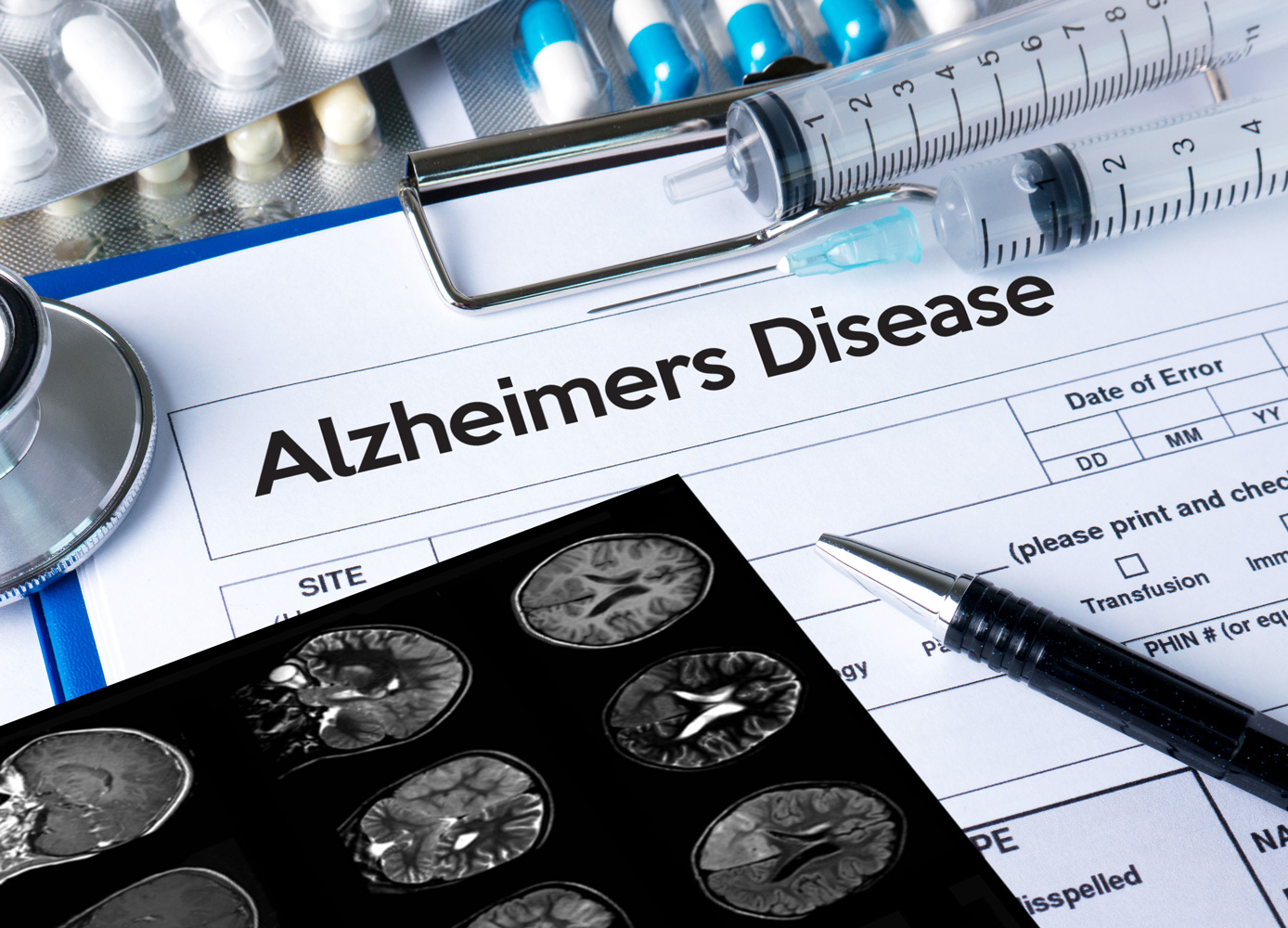Microdoses of lithium appear to halt the progression of Alzheimer’s disease
Using lithium to treat Azheimer’s disease has been controversial because of the risk for unwelcome side effects associated with long-term treatment, but a recent study conducted at McGill University suggests that small doses of lithium could not only halt the progress of Alzheimer’s disease but restore some cognitive capacity.
The findings are based on studies with rats, who were given lithium after having their genes mutated to replicate the features of Alzheimer’s disease. The study, published in the Journal of Alzheimer’s Disease, built on the findings of another study with rats published in Translational Psychiatry three years earlier.
In both studies, rats were given doses of lithium 400 times lower than those typically prescribed for mood disorders, with the most recent study providing the drug to rats at a more advanced stage of the disease. Researchers found that, even at a more advanced stage, rats continued to show improved cognition and fewer signs of the disease.
Studies on rats using doses of lithium proportional to those typically used in mood disorders were not shown to be effective, causing adverse effects instead.
“Microdoses of lithium in formulations such as the one we used, which facilitates passage to the brain through the brain-blood barrier while minimizing levels of lithium in the blood, sparing individuals from adverse effects, should find immediate therapeutic applications,” said Dr. Claudio Cuello, the study’s senior author, in a statement.
“While it is unlikely that any medication will revert the irreversible brain damage at the clinical stages of Alzheimer’s, it is very likely that a treatment with microdoses of encapsulated lithium should have tangible beneficial effects at early, preclinical stages of the disease.”
Cuello says he hopes to see further testing so they can see how those with early stages of the disease and those who are genetically predisposed to the disease, such as adults with Down Syndrome, react to the drug.
Photo: iStock/monkeybusinessimages.






